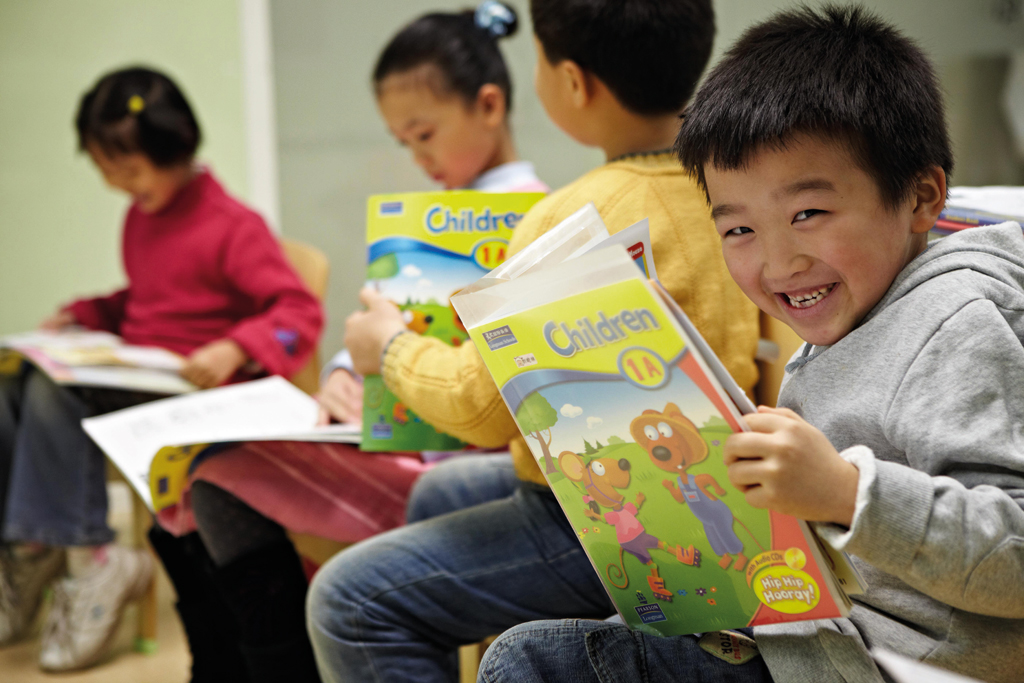 For the last ten years or so, delicate birds in English-speaking countries the world over have been complaining about social networking – or to be more precise, about one site in particular. It’s not Facebook that has upset them, or LinkedIn, nor is it Instagram or Tumblr. It’s Twitter that has ruffled their feathers. The reason is simple; they can no longer do one of the things that delicate birds in English-speaking countries most like to do, at least not without everyone expecting them to keep it short and simple and add a couple of hashtags to the message. They can no longer twitter or tweet.
For the last ten years or so, delicate birds in English-speaking countries the world over have been complaining about social networking – or to be more precise, about one site in particular. It’s not Facebook that has upset them, or LinkedIn, nor is it Instagram or Tumblr. It’s Twitter that has ruffled their feathers. The reason is simple; they can no longer do one of the things that delicate birds in English-speaking countries most like to do, at least not without everyone expecting them to keep it short and simple and add a couple of hashtags to the message. They can no longer twitter or tweet.
‘Why they had to go with our particular sound is beyond me,’ tweeted Warner Bros. veteran Tweety Bird, in an exclusive interview for Pearson ELT Learning Journeys. ‘Why couldn’t they have called it Oinker or Mooster? The pigs and the cows wouldn’t have minded. They could’ve done with the publicity.’ Meanwhile, groups of birds from other countries have expressed their relief that the site chose to go with English onomatopoeia rather than sound-words from their own languages. ‘Chu-u chu-u!’ chirped a Japanese spokes-bird, visibly relieved, while a Spanish owl in Madrid hooted in to say, ‘It’s bad enough that the pedestrian lights here go pío pío. Frankly, I’m relieved you’re not all pío-ing.’ Continue reading →
 In the year 2000, the United Nations Millennium Summit established eight goals for improving the lives of the millions around the world suffering poverty, hunger, disease and the effects of environmental degradation. Thousands of NGOs and civil society organisations took part in the process that drew up these Millennium Development Goals, and every single UN member nation (189 at the time) committed to achieving them by 2015.
In the year 2000, the United Nations Millennium Summit established eight goals for improving the lives of the millions around the world suffering poverty, hunger, disease and the effects of environmental degradation. Thousands of NGOs and civil society organisations took part in the process that drew up these Millennium Development Goals, and every single UN member nation (189 at the time) committed to achieving them by 2015.

 For the last ten years or so, delicate birds in English-speaking countries the world over have been complaining about social networking – or to be more precise, about one site in particular. It’s not Facebook that has upset them, or LinkedIn, nor is it Instagram or Tumblr. It’s Twitter that has ruffled their feathers. The reason is simple; they can no longer do one of the things that delicate birds in English-speaking countries most like to do, at least not without everyone expecting them to keep it short and simple and add a couple of hashtags to the message. They can no longer twitter or tweet.
For the last ten years or so, delicate birds in English-speaking countries the world over have been complaining about social networking – or to be more precise, about one site in particular. It’s not Facebook that has upset them, or LinkedIn, nor is it Instagram or Tumblr. It’s Twitter that has ruffled their feathers. The reason is simple; they can no longer do one of the things that delicate birds in English-speaking countries most like to do, at least not without everyone expecting them to keep it short and simple and add a couple of hashtags to the message. They can no longer twitter or tweet.